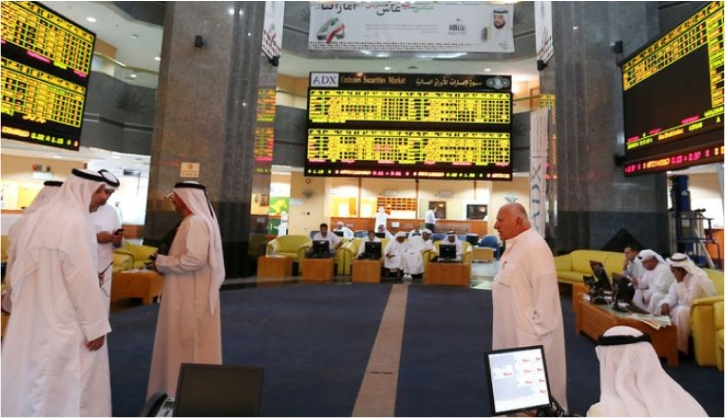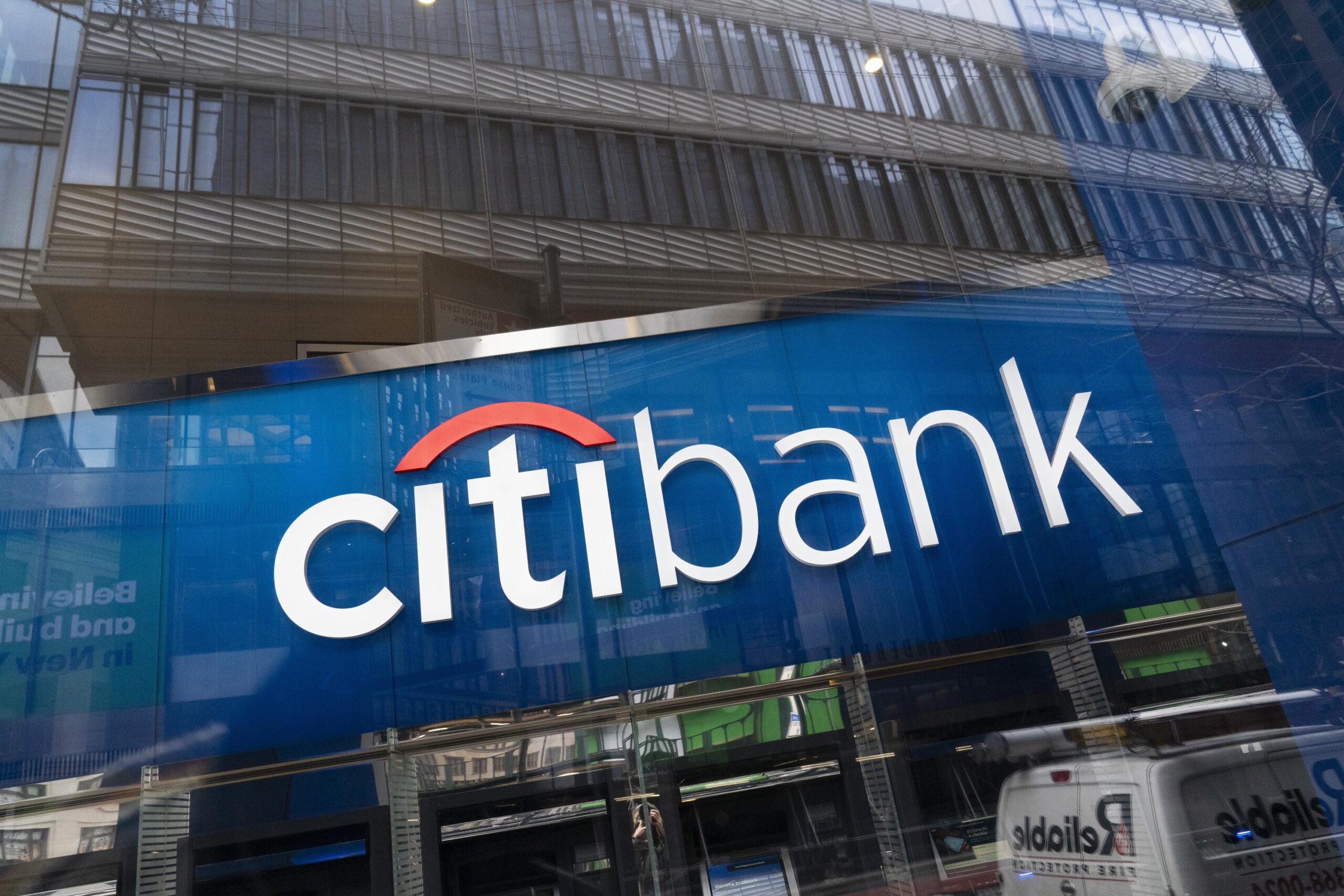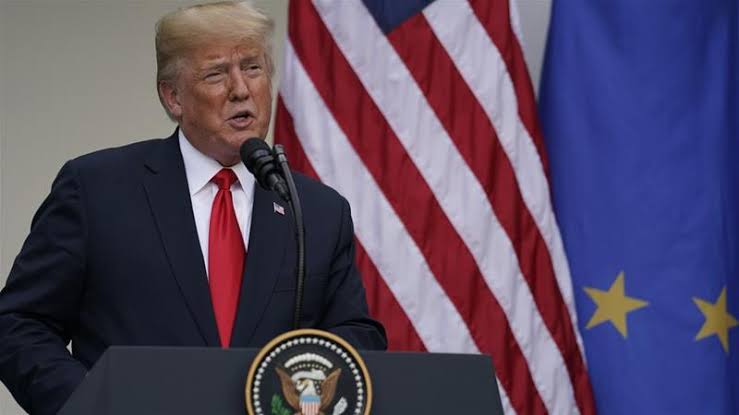UK shares have risen for a third day, after Bank of England governor Mark Carney hinted at fresh stimulus measures following the Brexit vote.
The FTSE 100 index closed 1.13% higher, while the FTSE 250 was higher by 1.19%.
On Thursday, Mr Carney said a deteriorating outlook meant action from the Bank was likely this summer.
Share prices were further boosted after Chancellor George Osborne indicated the government would abandon its commitment to achieve a budget surplus by 2020.
This suggested that the austerity policies of the last six years might be eased in the wake of the referendum result.
The FTSE 250, which had started the day 0.41% higher, fell in mid-morning trade before recovering by lunchtime.
During the campaign, Mr Osborne had warned of the need for a combination of £30bn of spending cuts and tax rises if the UK voted to leave the European Union.
Despite the rally on the FTSE, bank shares were still under pressure, with Royal Bank of Scotland receiving the greatest amount of punishment from investors. The bank’s shares fell a further 3% by lunchtime before finishing 1.11% higher.
Elsewhere, building supplies firm Travis Perkins saw its share price fall 1.4%.
Meanwhile, 10-year UK government bond yields fell on the prospect of the Bank of England pumping more money into the economy.
Earlier in Asia, stocks also rose for a third day, as investors bet policymakers would take steps to prevent further market uncertainty following the UK’s decision to leave the EU.
The broad-based MSCI Asia Pacific Index rose 0.5%, bringing its gains this week to more than 3%.
In Tokyo, the benchmark Nikkei 225 closed 0.68% higher, while the Topix gained 0.69%.
South Korea’s Kospi rose 0.9% and Australia’s S&P/ASX 200 added 0.25%.
In China, the Shanghai Composite closed 0.1% higher.
Hong Kong and Thailand’s stock markets are closed for holidays.
Gold, considered a safe haven investment in times of uncertainty, headed for its fifth week of gains, with bullion for immediate delivery trading at $1,322 an ounce.
The pound was down against both the euro and the US dollar at $1.3283 and €1.192, up from the lows that it hit on Thursday in the immediate aftermath of Mr Carney’s speech.
However, sterling remains well below the $1.50 rate it touched on Thursday last week, before the outcome of the referendum became clear.
The past week has seen huge swings on the world’s financial markets as traders and investors struggled to assess the impact of the UK’s Brexit vote.
After two days of heavy falls following the referendum outcome, shares spent two days recovering, and on Wednesday, the FTSE 100 ended above the level it had closed at on Thursday last week.
However, the FTSE 250 index – which contains more UK-focused companies – still remains well below its pre-referendum level.

















